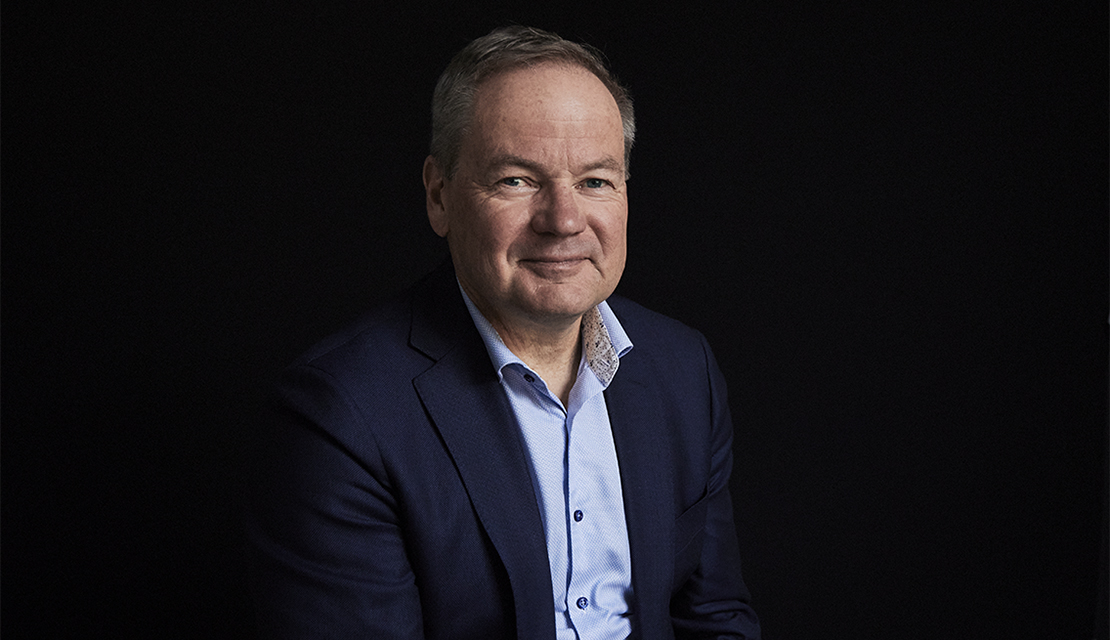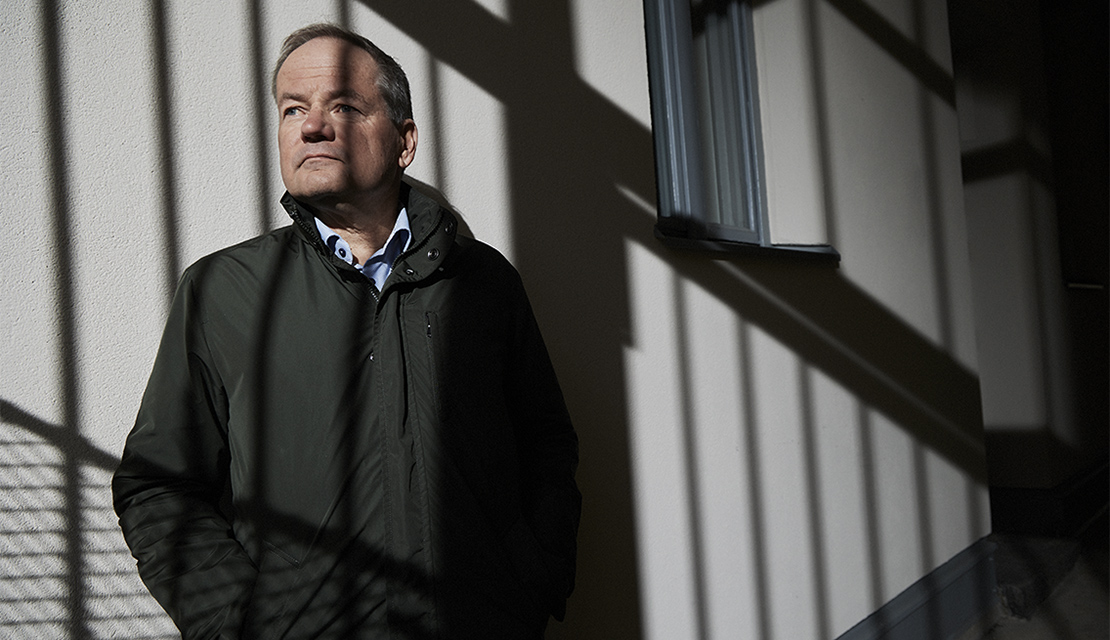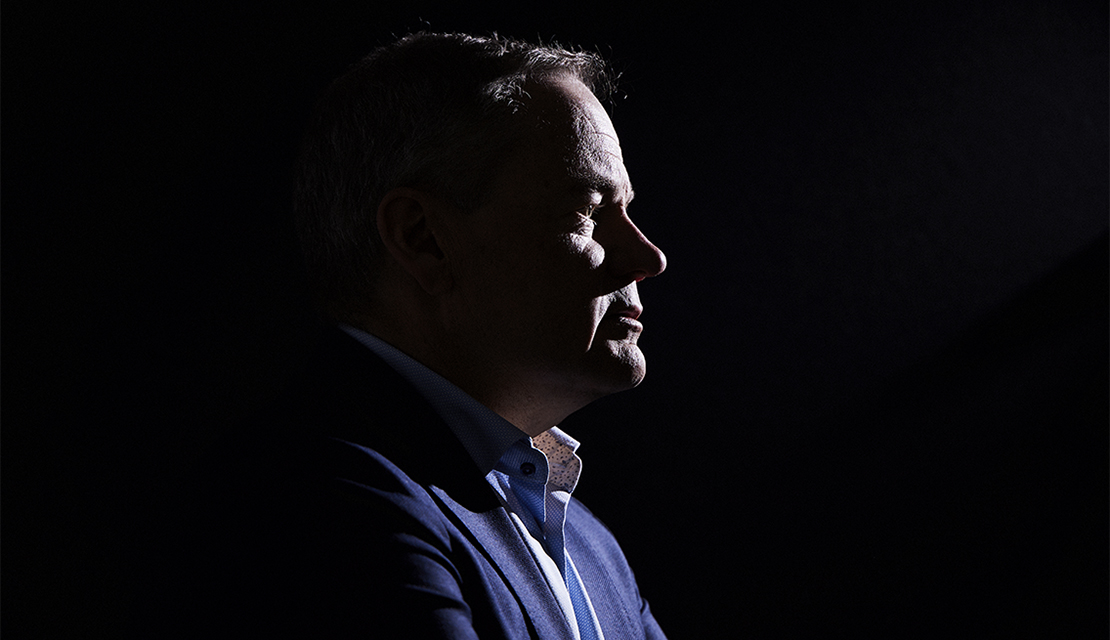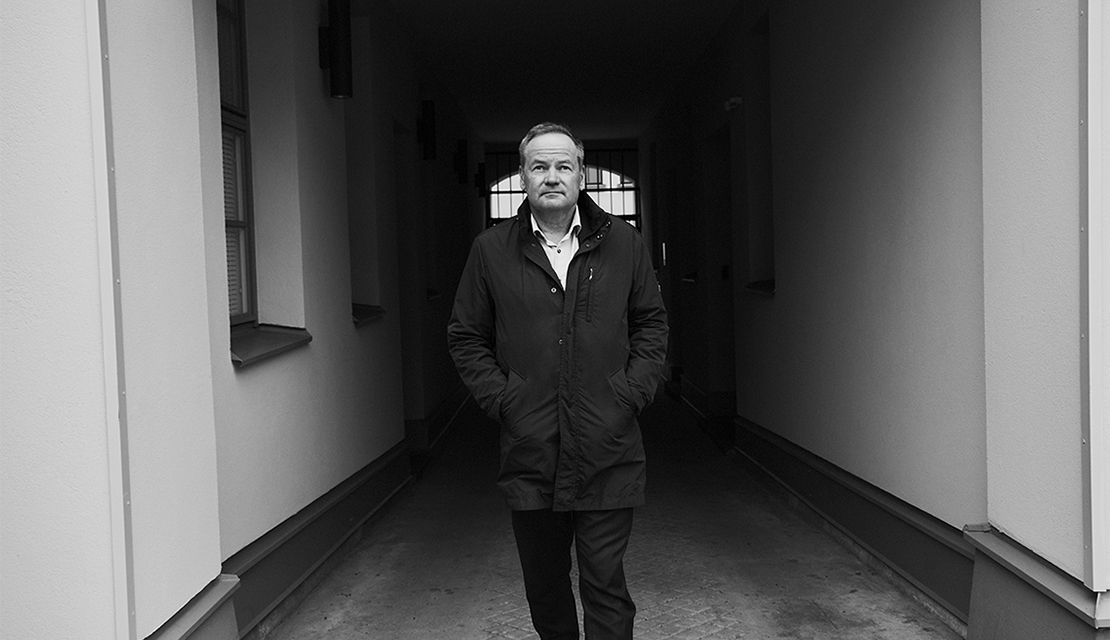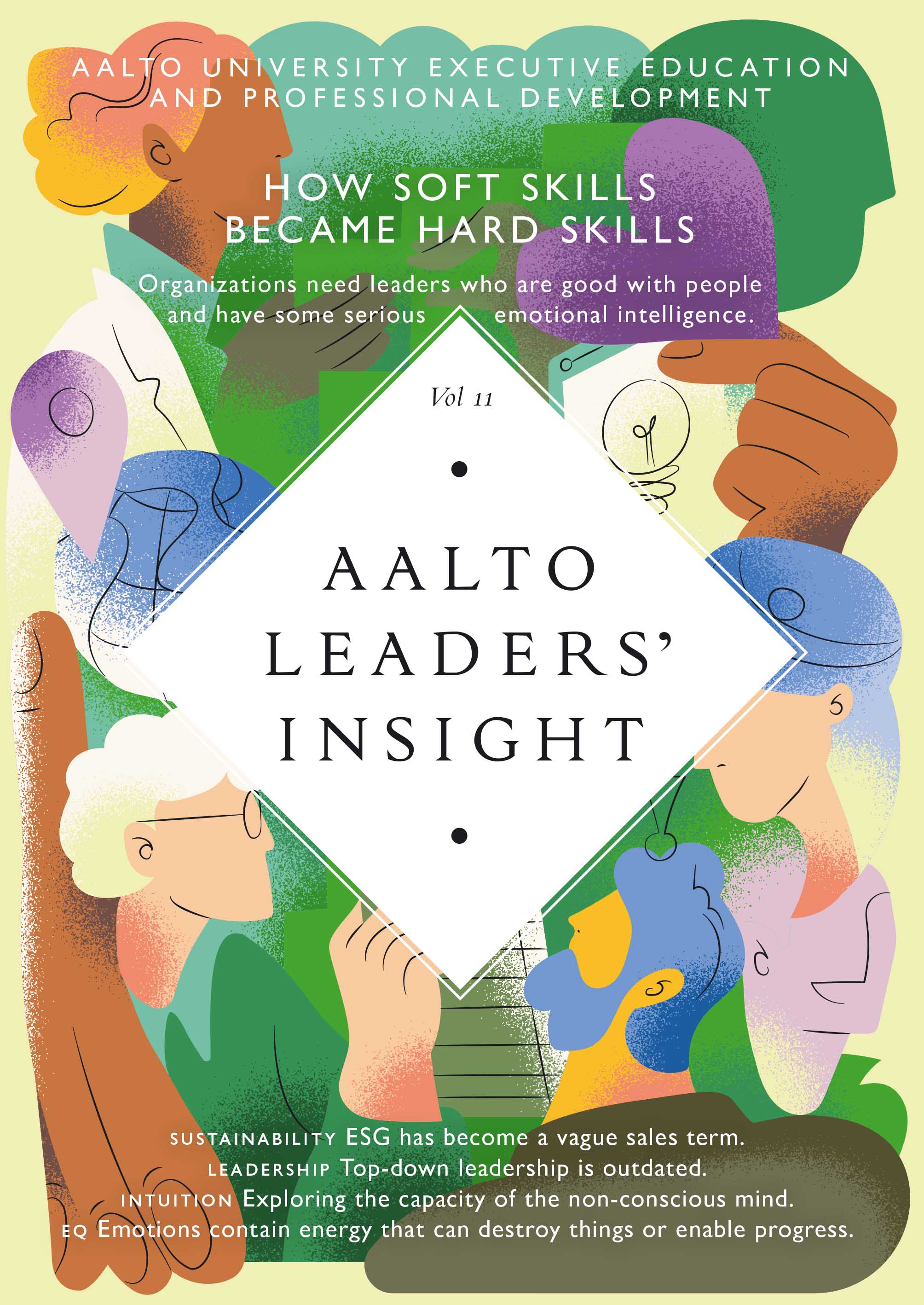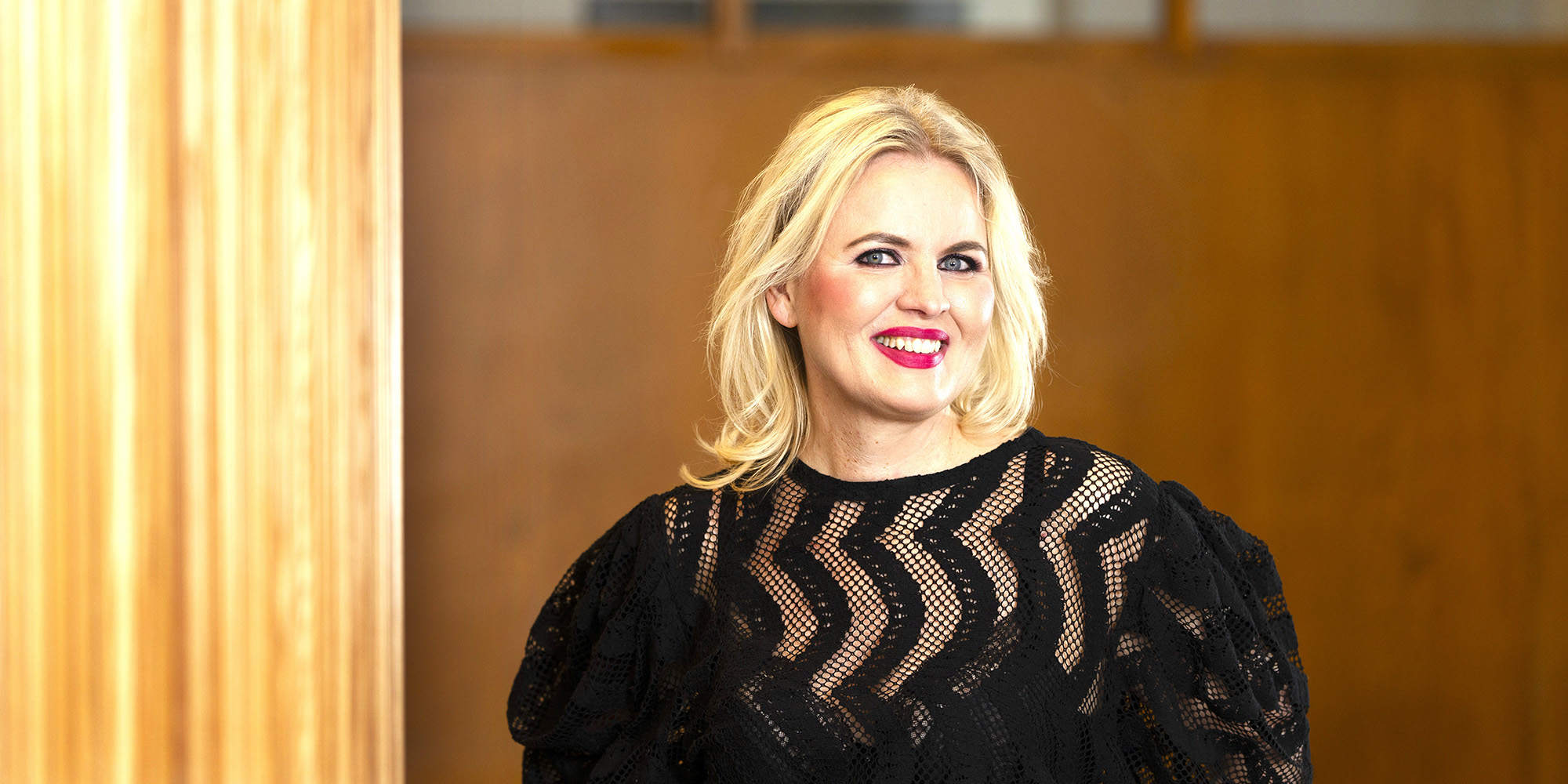In the US state of Texas, the Public Investment Law came into force in 2021. It prohibits cities in the state from using asset managers who boycott the arms and fossil fuel industries.
At the end of 2022, the State of Florida announced that it would withdraw 2 billion US dollars of its assets from BlackRock, the world's largest asset manager. Larry Flink, the company's CEO, has been a strong advocate of sustainable investments and has implemented ESG at BlackRock. Some banks have announced that they are withdrawing from projects promising to cut carbon emissions.
In recent years, it may have seemed that everything from toilet paper through cement to TV shows has to be sustainable.
But the finance markets, based on forecasts, have already zoomed into the next phase. Anti-sustainability is on the rise.
But the finance markets, based on forecasts, have already zoomed into the next phase. Anti-sustainability is on the rise.
The boycotting of sustainability affects both the management of citizens' pension funds and public procurement, as it has progressed to legislation on the state level, like the restrictions on abortion rights and banned books.
Anti-sustainability is also a hot topic at the federal level. The US presidential elections are in November 2024, and among the Republican Party contenders, at least the Governor of Florida, Ron DeSantis, has campaigned against ESG.
According to climate deniers and the conservatives who oppose ESG, focusing too much on the environment and other sustainability issues causes asset managers and companies to neglect their main task, which is to make business operations as profitable as possible and thus ensure returns for shareholders. They also see sustainability as a threat to the well-being of Americans. ESG has become woke.
As Europe has been chugging along as the world's sustainability locomotive, to European ears, the American ESG debate may sound like some sort of exotic riot. However.
ESG is encountering problems in other circles, too. It’s also being criticized by investors and experts––especially those who believe that the climate crisis is a mortal threat to the planet. ESG headlines in the financial media are full of terms like "setback", "stumbling" and "mirage". Financial market regulators have also woken up.
The common message is that rectification is urgently needed: ESG is an ambiguous term, reporting practices are confusing, marketing is stretching the truth, and greenwashing is threatening to throw the baby out with the bathwater.
One of the critics is Vesa Puttonen, a Professor at the Department of Finance at Aalto University.
Together with his son Tatu Puttonen, a student of natural science, he has written a report entitled Sustainable investment in theory and in practice. In this report, they question whether ESG really is a panacea.
At the time, the publication didn’t awaken much discussion in Finland. According to Puttonen, the ESG frenzy was so strong that those who were critical of it were quickly labeled opponents of sustainability.
"In my world, criticism and questioning are positive things. But in the finance world, it’s no good being right if you’re right at the wrong time," he laughs.
In the finance world, it’s no good being right if you’re right at the wrong time."
Puttonen describes himself as an objector and a prophet of doom. He has a long career in financial markets, both on the practical level and as a researcher.
He says that this uncritical sustainability zeal could also be seen in the academic world and that it began to make academic freedom feel somewhat limited.
"It's difficult to prove this or describe it more precisely, but I got the feeling that this area should be researched. And also this vague feeling that the research results should be positive. We’ve talked about it in the Department of Finance."
Puttonen says he’s never experienced anything like this before. If you want research money, you can get it, as long as the topic of your research is sustainability.
"But then we’ve never had an existential crisis like this before," says Puttonen, referring to current environmental crises. "So, in that sense, it's quite justified. Perhaps for the next ten years, all the research in the world should focus on only this."
|
|
| Professor Vesa Puttonen from Aalto University's Department of Finance describes himself as a prophet of doom. |
Climate crisis: A race against time with no second chances
This decade will be crucial for the future of humanity, the UN Intergovernmental Panel on Climate Change said in their report in March 2023. Time is running out to stop or even diminish climate change. The report was rushed by those who have power: politicians and financial market players. Capital is available, but there are obstacles to investments.
This rush is one explanation for why the debate on sustainable finance has intensified so much.
"If we screw this up, there’ll be no second round. Climate change is an existential risk to the whole human race," Puttonen sums up.
Resolving climate change is such a huge project that it’s difficult to get a grip on it. So, we try using money.
If we screw this up, there’ll be no second round. Climate change is an existential risk to the whole human race."
According to calculations by consultancy company McKinsey, the green transition to zero emissions by 2050 will require an annual investment of around 9.2 trillion US dollars. That is 3.5 trillion, or 60 percent more than now.
According to the World Economic Forum, this sum is equivalent to half of all global corporate profits, a quarter of global tax revenues, and 7 percent of global household consumption.
We’re talking about a fundamental change in the global economy, and this won’t happen without smooth, reliable, and profitable funding.
Puttonen claims that another reason that the debate has heated up is the considerable growth of the sector in the last couple of years. Sustainability has proven to be an unparalleled investment trend, so we’re talking about huge sums. And there’s no sign of this growth ending.
A report published in late 2022 by the consulting and accounting giant PwC predicts that by 2026, ESG investment will have grown by 84 percent. This means that 22 percent of all global investment assets would be ESG investments.
It can also mean that, at best, ESG will start having a fundamental impact on the economy, promoting the green transition and influencing how companies treat their employees, for example.
According to Puttonen, climate change is certainly the main reason why institutions need to have a sustainable investment policy and why they have to emphasize the importance of sustainability.
The PwC report claims that 30% of investors are struggling to find suitable ESG investment opportunities. Eighty-eight percent of institutional investors believed that asset managers should be more actively developing new ESG products.
Isn't it an undeniable positive that investors' money is flowing into good causes?
So, there is demand, more of it, in fact, than supply. And this is why consultancy companies are conducting ESG surveys.
What exactly is the problem then? Isn't it an undeniable positive that investors' money is flowing into good causes?
This problem is the critics’ third point: sustainability has become a vague sales term.
Nowadays, you can claim that almost anything is ESG, as long as the packaging is right. This is why more and more financial market players have started doubting whether sustainability will really save the world.
Financial markets form a complex apparatus, but their operating logic is simple. It always comes down to the risk-reward equation. If there are hiccups in the equation because the definitions of the variables are vague, for example, the markets won’t work in the way they should.
In financial terms, the climate crisis poses a risk to companies’ operations and, therefore, to investors. The risk arises not only from climate change itself but also from the tighter, more precise regulation of the sector as governments and other political actors try to control climate change. If a company doesn’t prepare for these changes, its regulatory risk will increase.
Adapting interpretation of sustainability and responsibility - and who gets to decide?
Nuclear weapons. Cluster bombs. Anti-personnel mines. Tobacco and drugs. The Norwegian state pension fund doesn’t invest in companies that produce these products. This prohibition is unconditional.
In the language of financial sustainability, the pension fund engages in negative screening – it excludes certain investments.
The fund leaves more space for interpretation when considering investments in mining and fossil fuel producers. It may monitor or exclude from its investments mining and energy companies if they derive 30 percent of their revenues from coal or if 30 percent of their ownership is based on coal.
The pension fund owns 3.14 percent of energy company Shell and 1.13 percent of Exxon. It also owns 0.38 percent of Tyson Foods, one of the world's largest protein – meat – industry companies.
By investing in companies known for their carbon emissions, the pension fund is likely to have carried out positive screening, that is, invested in companies that it considers to promote sustainable development.
Defensive cannons are good, but offensive cannons are bad."
Both of these strategies are widely used. Both can also easily be justified. The cruelest weapons are so terrible that being associated with them is inappropriate. However, the transition to renewable energy and from meat to less climate-damaging protein can’t succeed without big players. All investment service providers and investors are struggling with similar sustainability definition problems.
Russia's illegal invasion of Ukraine has further complicated the definition of sustainability.
"The arms industry is now defined as the defense industry. Defensive cannons are good, but offensive cannons are bad," Puttonen points out.
On the other hand, climate change has made it possible to define nuclear power as sustainable energy production. The world is changing, and definitions are changing with it.
|
|
| Russia's illegal invasion of Ukraine has further complicated the definition of sustainability. "The arms industry is now defined as the defense industry. A defensive cannon is good, an offensive cannon is bad." |
We can assume that the Norwegian fund has done its homework and thoroughly researched its investment targets, as it is considered one of the world's sustainable investment pioneers.
In everyday terms, the state pension fund is called the oil fund. Oljefondet has grown to become one of the world's largest funds thanks to its income from fossil fuels, oil, and gas. It owns around 1% of all shares in the world.
"Norway is investing in new oil deposits. The fund then goes out and advises the rest of the world on how to act responsibly," says Puttonen, illustrating the complexity of sustainability.
This dual role clearly shows how everything in the economy is interconnected.
The sustainability of the oil fund's investments is governed by an independent ethics council within the Norwegian Ministry of Finance.
The mere existence of this council shows how difficult it is to define sustainability. Understanding it requires specialized skills and knowledge. One of the side effects of sustainability is the jungle of consultancy and specialist services it has sprouted.
Can greenwashing invalidate the whole concept of ESG?
In the summer of 2022, the police raided the German asset management company DWS. The reason was suspected greenwashing. Desiree Fixler, former head of ESG at DWS, had made a whistleblowing allegation that the company was greenwashing its funds. Deutsche Bank is the majority owner of DWS. At the time of writing, in spring 2023, the investigation was still ongoing.
Where there’s a boom, there’s always bravado. ESG resembles a start-up growth sector, whose demand exceeds even the most fantastical forecasts.
The momentum has been driven not only by the general ESG frenzy but also by the floods of money for investment created by the long period of zero interest rates and the massive central bank recovery efforts during COVID-19.
Greenwashing is ruining an important issue."
For companies, the green transition, and with it sustainability, offer huge business opportunities. But efforts to attract funding might tempt a company to stretch the concept of sustainability.
Investment service companies, on the other hand, define their products as sustainable because this makes money flow into their indices and funds. Large institutional investors act sustainably at the request of their owners, such as pensioners.
In their report, Vesa and Tatu Puttonen review the sustainability assessments of Finnish companies carried out by S&P and MSCI, which evaluate and produce sustainability indices. They found significant differences. The problem for the investor is the lack of consistency.
"Greenwashing is ruining an important issue," Puttonen criticizes.
One of the greatest sustainability debates in the financial markets concerns so-called green bonds.
These are bonds that finance projects related to the green transition. They’ve become so popular that companies can get cheaper loans for green investments than for conventional investments. Investors receive a correspondingly lower return on these bonds than on other, otherwise comparable bonds.
But this isn’t really a problem as long as the lower return isn’t covered up.
Critics have nevertheless noticed that in a green transition, green bonds may not be very effective. They may even be ineffective because a company can borrow money for a green project, leave the rest of its operations unchanged, and still call themselves sustainable.
Sustainability-linked bonds, on the other hand, are connected to the achievement of a company's overall sustainability targets or, more typically, emission reductions. If the company reaches its targets, it gets a cheaper loan. If, on the other hand, they do not meet their targets and the company's sustainability rating falls, a "penalty surcharge" is imposed on the interest rate of the loan.
The regulation of these bonds isn’t well established yet. Finnish financial media has reported that companies are modifying their balance sheets to make their ESG efforts look more effective.
Higher returns and a better world simultaneously – is it a reality?
In addition to sustainability effects, the truth has also been stretched in the case of promised yields. Especially in past years, sustainable investments have been marketed as yielding higher returns than other investments.
"There have been higher returns, but they´re history now. In the past, ESG as an investment style has outperformed the rest of the market. This is explained by the fact that money was poured into sustainable investment funds and then invested into sustainable shares," explains Puttonen.
Returns were yielded when share prices rose. And this is also the reason why the expected returns on sustainable shares have since fallen.
"The cash flows were so huge that they drove share prices up as investors bought ESG-positive shares and sold others. This, in turn, led to a decline in the expected return on ESG shares, ceteris paribus. Even today, people don't really want to talk about it."
The real acid test for investors is whether they’re willing to invest sustainably, even if the expected return is lower."
When a share price rises, its expected return falls if other variables remain unchanged.
"The real acid test for investors is whether they’re willing to invest sustainably, even if the expected return is lower. If the answer is yes, that's good."
According to Puttonen, "hundreds of studies" of returns were carried out in 2020 and 2021, but their material is from the boom period.
"Those were good times for ESG investors, but all that's in the past now."
"The general narrative in the financial industry is: sustainable investments yield better returns with less risk and make the world a better place. I'm going to be the prophet of doom here: it's too good to be true."
|
|
| "The general narrative in the financial industry is: sustainable investments yield better returns with less risk, and make the world a better place. I'm going to be the prophet of doom here: it's too good to be true," Puttonen says. |
Is it time to revise the definition of ESG?
The turbulent market year of 2022 was also a crash course in sustainability.
"Learning is the silver lining here, and it’s also essential for things to improve. Last year made us understand what it’s all about," says Puttonen.
"How do we define sustainability? Whose responsibility is it to decide what sustainability is?"
The self-regulation, legislation, and supervision of the financial markets have started to become more stringent and more consistent.
The European Securities and Markets Authority has called for high-quality sustainability reporting and considers greenwashing to be detrimental to those seeking sustainable investment opportunities.
Whose responsibility is it to decide what sustainability is?"
In 2023, the Financial Conduct Authority, the UK's financial regulator, is set to publish new criteria for defining a sustainable fund. According to media reports, only a third of the funds currently defined as sustainable would meet these new criteria.
In the EU, the Sustainability Reporting Directive will enter into force at the beginning of 2024, tightening and harmonizing companies’ reporting of non-financial information. The EU already has a taxonomy defining the effectiveness of investment products and disclosure requirements.
The International Foundation for Financial Reporting Standards, dedicated to the promotion of consistent economic information, has established an International Sustainability Standards Group. The ambition of this influential foundation is a global definition of sustainability knowledge.
But there’s still a long way to go. Puttonen understands the growing pains of a young industry.
"It would be unreasonable to expect to have all the instruments and definitions already. If we wait 10 or 20 years, everything will definitely be clearer," Puttonen predicts.
Because of the rush, Puttonen would temporarily drop the S and the G.
"It's a bit of a shame, but if we concentrated on only the E, we could make some sense of this."
Puttonen's proposal is, in his own words, based on "realism". The definition of the G and the S is so difficult and culture-bound that it makes ESG an "unfounded, blurred virtue".
In his opinion, the situation is now so confusing that "it’s turning against itself" and that’s something we can’t afford.
Who’s responsible for a better world: Politics or business?
"The Social Responsibility of Business is to Increase its Profits": headline of an opinion piece in the New York Times in 1970.
Written more than half a century ago, this article argues that the capitalist system works best when companies focus on increasing profits while still conforming to the basic rules of society, both those defined in law and those embodied in ethical custom. It’s up to politicians and other public authorities to legislate and decide on the use of common funds, be it for environmental damage or social problems.
For decades, the division of labor between social actors was clear. Then came the financial crisis, the climate crisis, Russia's illegal invasion of Ukraine, and people began to question the benefits of globalization.
What is the role of businesses, and what is their responsibility? What about legislators? And what about stakeholders other than owners? The old truths were no longer taken for granted, and ESG emerged largely as a response to the criticism of the system.
Corporate behavior was raised onto the agenda: Profit maximization was seen as unsustainable for both the environment and stakeholders other than the owners. Why should owners take precedence over other stakeholders?
They are incredibly short-sighted and muddle-headed in matters that are outside their businesses."
The author of the New York Times opinion piece seemed a little frustrated when referring to this social debate from more than 50 years ago. And it sounds familiar: For many, efforts to tackle pollution or train the long-term unemployed were moving far too slowly, and businesses were able to resolve problems faster than the government. However, the author believed that giving directors power over matters outside the sphere of their companies would be a bad idea.
“They are capable of being extremely far-sighted and clear-headed in matters that are internal to their businesses. They are incredibly short-sighted and muddle-headed in matters that are outside their businesses but affect the possible survival of business in general", economic researcher and later one of the world's most famous economists, Milton Friedman wrote.
Professor Puttonen says he always returns to reading Friedman and other classics when "things get messy". What is messy now, according to Puttonen, is the role of the actors in society.
"Resolving the climate crisis is too important to be left to hard-headed, greedy investment banks," he says.
The international debate on sustainability has suggested that the credibility of democracy is being undermined because the business elite has taken over sustainability. However, the politicians have allowed business life to take the reins.
Resolving the climate crisis is too important to be left to hard-headed, greedy investment banks."
Friedman's theses on profit and sustainability are not as contradictory as they may at first sound. If capitalism works, companies and investors will become sustainable because otherwise, the planet will become a torturous place in which to live, and this would be disastrous for business. That's how the risk-reward equation works.
According to Puttonen, smart companies know how to be at the forefront of sustainability because it benefits them. Profits grow. However, not everyone trusts this mechanism as Puttonen does.
He estimates that after a couple of years of ambiguous deliberating, the sustainability debate has reached the point at which the role of societal actors is being examined.
There’s nothing wrong with sustainability as such. What is wrong is that sustainable investment is beginning to be seen as a solution to the climate crisis as well as other problems.
"This gives the impression that it’s all ok now. And this can do more harm than good."
The financial sector is creating its own sustainability practices, and investment in ESG is continuing to grow. But this is not enough.
"Politicians must make polluting the environment so expensive that companies will do their utmost to convert to low-carbon operations," he says.
"Politicians can’t solve this alone. In a democracy, short-sighted people vote for politicians who don’t act quickly enough into power. So, we need to get money involved.
"Now we’ve stopped to think about and look into the connections. Clarifying roles would be a big thing."
Politicians must make polluting the environment so expensive that companies will do their utmost to convert to low-carbon operations."
Puttonen also asks his students to reflect on roles. While teaching an MBA course at Aalto EE, he has made his students––often business professionals in their 40s and 50s ––discuss these issues. In 2020, the owner of the papermill, UPM, closed it down because it had become unprofitable. After its closure, Finland's Prime Minister at the time, Sanna Marin, called for the forestry giants to take social responsibility.
"The students believed that UPM's responsibility was not to maintain an unprofitable business but to look after the future of the company as a whole. On the other hand, they admitted that as prime minister, they would certainly have called for the same thing. It’s the prime minister's job," says Puttonen.
|
|
| Puttonen challenges students taking basic finance courses to reflect on the role of the central bank. The ECB's mandate is price stability. Puttonen encourages students to consider whether the ECB's self-declared extension of its mandate, i.e., its climate change activism, is a good or a bad thing. |
Puttonen has also challenged the younger, twenty-something students taking basic finance courses to reflect on the role of the central bank.
The European Central Bank has taken the climate crisis very seriously.
"It commissioned the first ever climate change stress test for banks in the summer of 2022 and demands reporting. The US Central Bank Fed, on the other hand, says that this task belongs to the politicians."
The European Central Bank’s mandate is price stability. Puttonen has encouraged students to consider whether the ECB's self-declared extension of its mandate, that is, its climate change activism, is a good or bad thing.
On the one hand, you could say that as the ECB has bought bonds from banks for thousands of millions, it must, of course, supervise the banks. On the other hand, the ECB's climate issues activism could lead to even higher inflation. And what if the intention of the ECB is to divert attention away from the so-far failed fight against inflation?
"This is a really good case for young students. For them, climate change is even more serious than for us worn-out middle-aged oldies."
Could central banks be the ones on the front line tackling the climate crisis?
Puttonen believes that we’re trying to solve the climate crisis with a screwdriver when what we really need is a wrench. We’re using the wrong tool. But, of course, even he can't say what the right tool would be.
Encouraged, Puttonen uses his academic freedom and takes a helicopter view of the globe. "There should be a lever to pull to make things progress more quickly. Politicians can't get a handle on these issues because these decisions are so difficult to make. And the UN is no help."
Money’s not an issue for the central banks. The one thing they know how to do is to solve problems with money."
Puttonen, who recently criticized the ECB's self-declared extension of its mandate, turns his gaze in his helicopter toward the central banks. He admits that it’s paradoxical.
"Money’s not an issue for the central banks. The one thing they know how to do is to solve problems with money."
"What if we turned the fact that countries are so dramatically indebted and that central banks own half of the national debt into a positive? Now that’s a lever," Puttonen says.
Money is power. The central banks could tell governments that their funding will end if they don't fix the climate crisis.
"Of course, this isn’t completely problem-free either. All the world's central banks should be on board, and their mandate should be reconsidered. That would be a pretty dramatic solution, but the central banks have money. This could be the starting point," he muses.
Correction: Mike Pence has been removed from the Republican Party contenders in the US Presidential election.


















